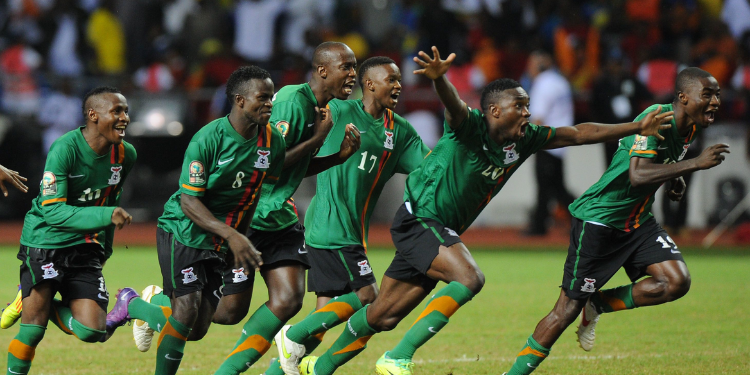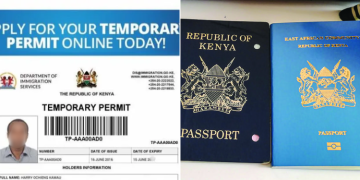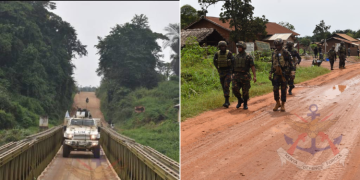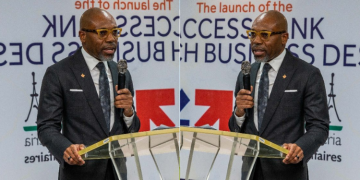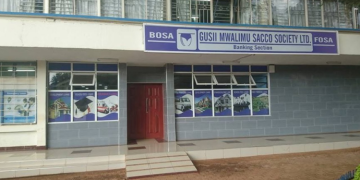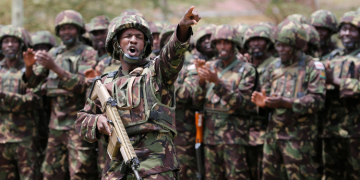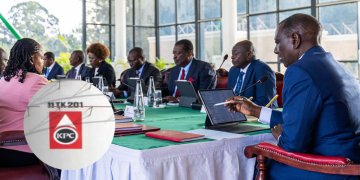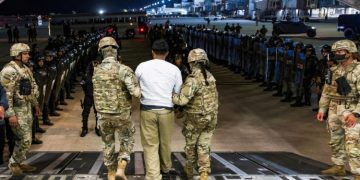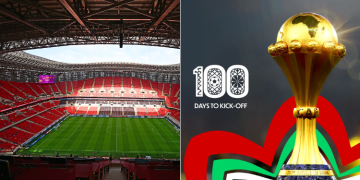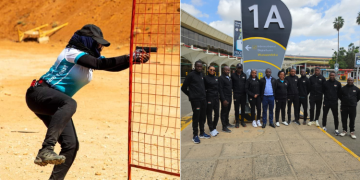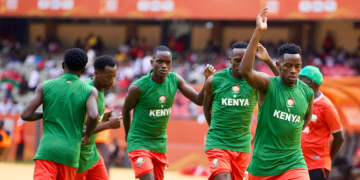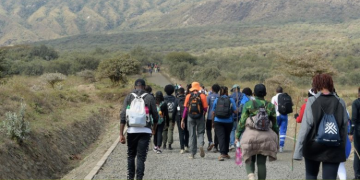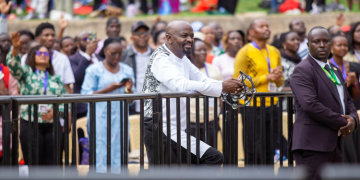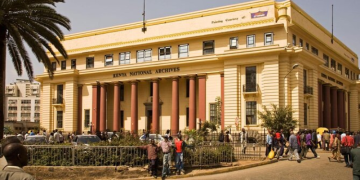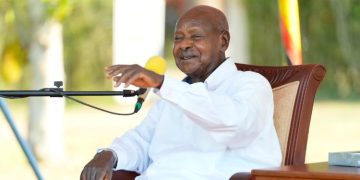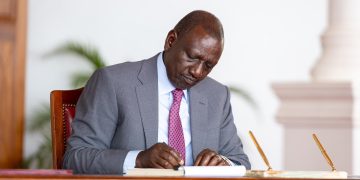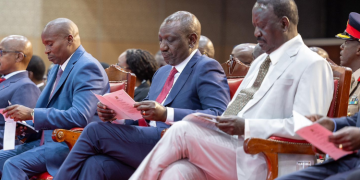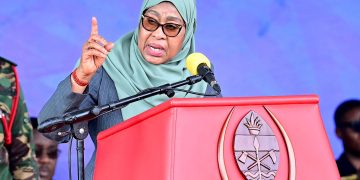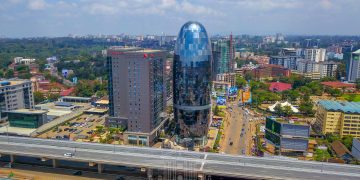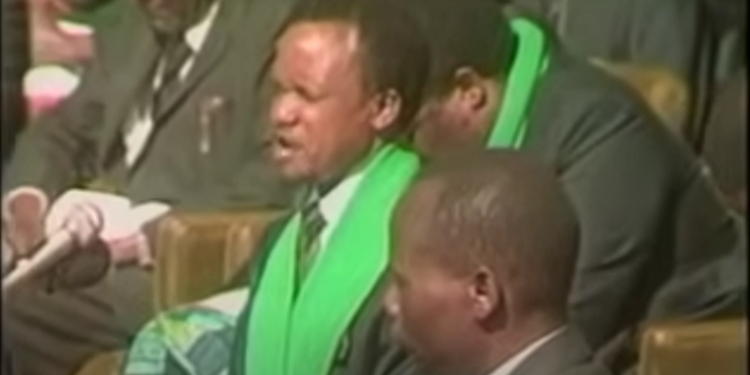On April 27, 1993, a tragic plane crash claimed the lives of 30 people, including 18 members of the Zambian national football team, known as Chipolopolo.
The team was en route to Dakar, Senegal, aboard a Zambian Air Force DHC-5 Buffalo aircraft to play a 1994 FIFA World Cup qualifier. The aircraft crashed into the Atlantic Ocean shortly after taking off from Libreville, Gabon, during a scheduled refueling stop. There were no survivors.
Following the tragedy, then-President Frederick Chiluba declared a week of national mourning and organized a state funeral for the players, coaching staff, and crew.
On May 2, 1993, more than 100,000 Zambians gathered at Lusaka’s Independence Stadium—a venue built to accommodate around 35,000—to pay their respects during a public memorial service.
President of Zambia Leads Country in Mourning Players
President Chiluba led prayers during the state ceremony. After an overnight vigil, the victims were laid to rest in a semicircle of graves at Heroes’ Acre, a memorial garden located just north of the stadium. Each grave was marked with a tree, symbolizing life and remembrance.
An official investigation released in 2003 by the Gabonese government attributed the crash to pilot error, worsened by fatigue and a faulty instrument.
Also Read: Today in History: How Bishop Alexander Muge Died in a “Road Accident”
According to the report, the pilot mistakenly shut down the functioning right engine after the left engine caught fire, causing the plane to crash approximately 500 meters offshore.
The disaster brought a lot of sadness to Zambia. The team was considered a golden generation, having shocked the football world with a 4–0 victory over Italy at the 1988 Summer Olympics, led by star player Kalusha Bwalya.
Bwalya survived the crash because he was playing for PSV Eindhoven in the Netherlands and had traveled separately.
Chipolopolo Players Win AFCON Tournament
Other players, such as Charles Musonda, also avoided the tragedy due to different travel arrangements.
The victims were buried at Heroes’ Acre, near Independence Stadium in Lusaka. A new national team was quickly assembled under the leadership of Kalusha Bwalya. However, they failed to qualify for the 1994 FIFA World Cup after losing to Morocco.
Also Read: Today in History: Bumula MP Wakoli Bifwoli Walks Around Parliament Shouting “Awori is a Dictator”
Years later, in 2012, Zambia won its first-ever Africa Cup of Nations (AFCON) title in Libreville, Gabon—near the crash site. The victory was dedicated to the fallen heroes of 1993.
Zambia’s win at the tournament surprised many, as the team was composed largely of locally based players, and they defeated Ivory Coast, a side filled with players playing in European leagues, in the final.
Follow our WhatsApp Channel and X Account for real-time news updates.
